The Oakland Restorative Loan Fund 2.0

• Para acceder a esta página en español haga clic aquí
• 要以粤语访问此页面,请单击此处
• Để truy cập trang này bằng tiếng Việt Nam hãy nhấp vào đây
In collaboration with our community partners, Pacific Community Ventures is proud to launch The Oakland Restorative Loan Fund 2.0 – a $3 million fund offering low interest, no-fee loans to small businesses based in Oakland, California!
As part of PCV’s Restorative Capital model, these affordable loans will include wrap-around technical assistance to ensure businesses are well-prepared and supported throughout the entire process. PCV does not require a minimum credit score to apply.
PCV is proud to have co-created this fund with our Founding Partners from the first Oakland Restorative Loan Fund, along with a coalition of local ecosystem partners that are equally invested in the Beloved Community of Oakland that we at PCV call home. As a team, we will be working with each Oakland Fund Partner to ensure that Oakland small businesses have the working capital and technical assistance they need to thrive!
Founding Partners

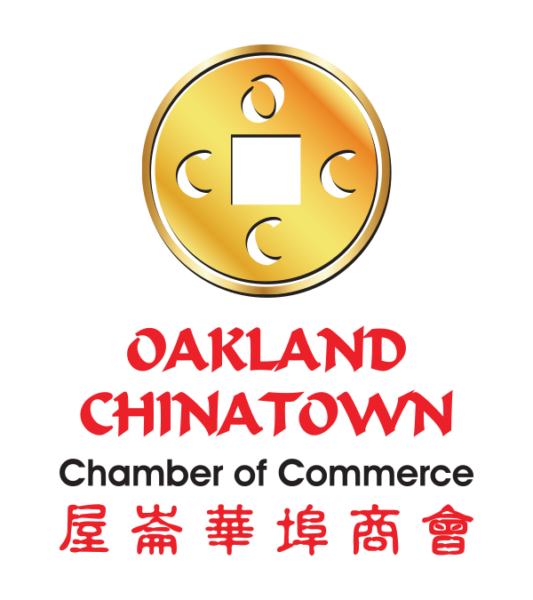
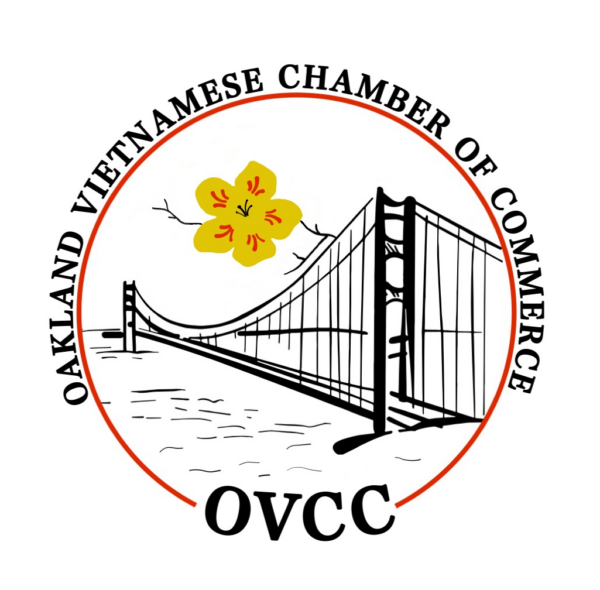
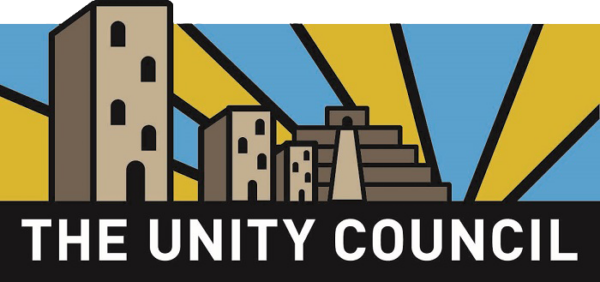


Community Partners


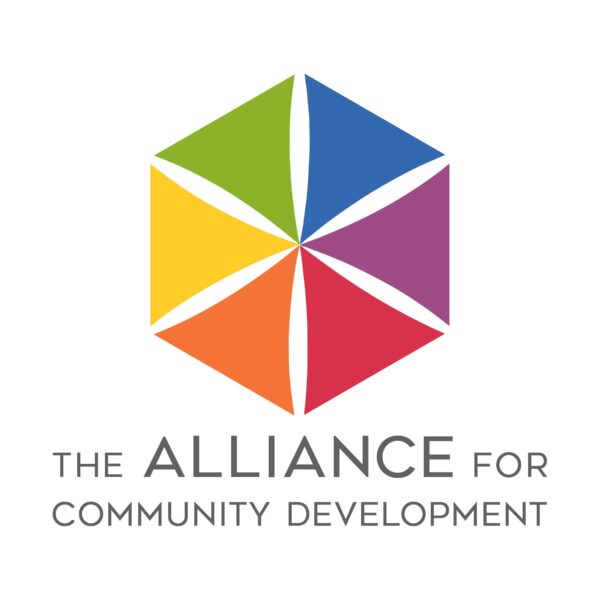





Anchor Partners

Additional Partners

What businesses are eligible?
- Business registered in California, with a business location in Oakland
- Businesses that have generated revenue for at least 9 months
- Businesses generating sufficient cash flow to afford monthly loan payments
- Businesses that can show a recent history of paying bills or debt payments on schedule
What businesses are not eligible?
- Rideshare and transportation, real estate, cannabis, and non-profit enterprises
- Businesses based outside of Oakland and not registered in California
- Businesses that have not generated revenue for at least 12 months
- Businesses reporting net losses
What can the loan funding be used for?
This funding is for entrepreneurs who want to grow or sustain their businesses and are ready to take on affordable debt in order to do so. By knowing how you plan to grow or sustain your business with the loan, you are creating the conditions for successful repayment. Here are a few examples of how the funding can be used:
- Working Capital: covering day to day expenses like rent and utilities, or payroll during slow periods
- Inventory: buying bulk supplies to take advantage of discounts, purchasing raw materials, stocking up on inventory ahead of the holidays
- Upgrades: repairing old equipment, buying new fixtures
- Expansion: opening a second location, renovating a current store, hiring new employees, investing in a marketing campaign, building a website
Applications for the Oakland Restorative Loan Fund 2.0 are now closed. Additional loan products are still available from Pacific Community Ventures. Click here to learn more.
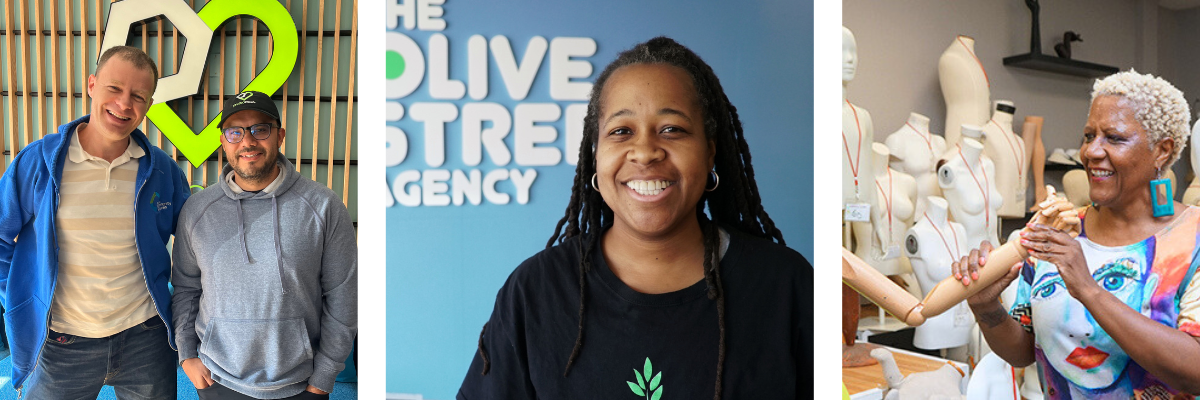
Frequently Asked Questions

The goal of the Oakland Restorative Loan Fund 2.0 is to build a thriving local economy by bolstering the resilience of Oakland small businesses. Together, we will do this by increasing access to low-cost capital and culturally-relevant support that helps small businesses surmount their most critical needs, and sustain, and grow their operations.
We designed the Oakland Fund 2.0 with feedback and input from our Oakland Fund 1 Partners and a roundtable of other organizations that serve Oakland, all of whom are deeply invested in serving low-moderate income business owners. With the help of these incredible ecosystem partners, this capital will support entrepreneurs with working capital and mentorship to drive good jobs and community-scale financial health in Oakland.
Thank you to our anchor partners, including Kaiser Permanente, for supporting the PCV Oakland Fund 2.0 and to all of our community ecosystem partners.

